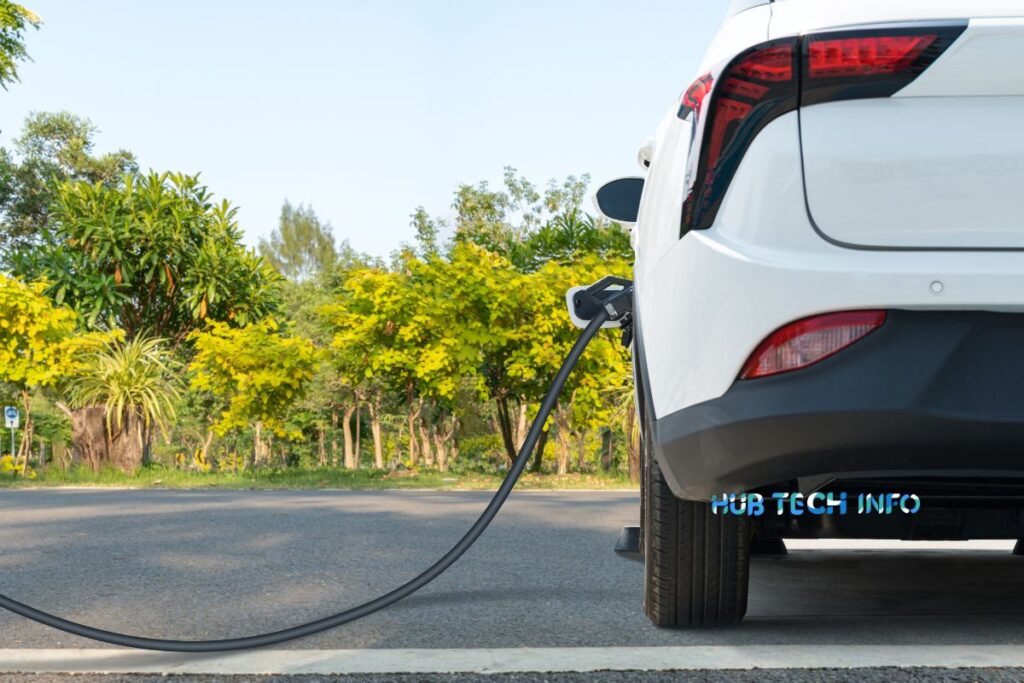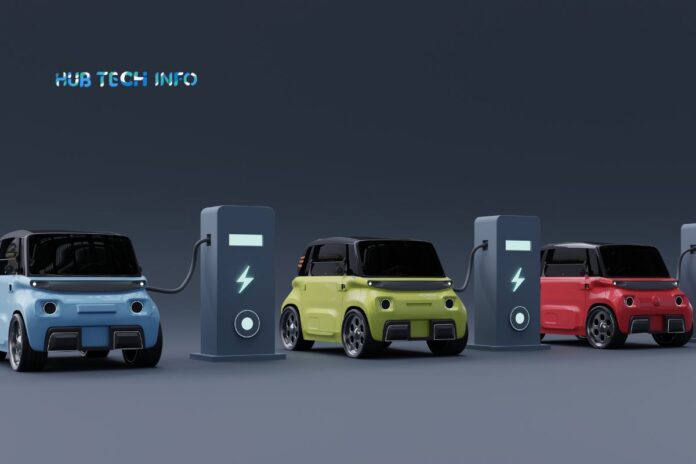India’s automotive industry is poised for a transformative revolution with electric cars emerging as the forerunners. Driven by environmental concerns, proactive government policies, and technological advancements, EVs are steering the nation towards a greener tomorrow. This article explores the key factors propelling this exciting shift, the hurdles to navigate, and the potential benefits of widespread EV adoption in India leading to a bright future of electric cars in India.
Governmental Push for a Greener Ride
India’s electric car surge continues to be fueled by the government’s strong support. The Faster Adoption and Manufacturing of Electric and Hybrid Vehicles (FAME) scheme, launched in 2015 and currently in its FAME II iteration, remains instrumental. FAME II, as of 2024, offers financial incentives for EV production and purchase, with a focus on expanding charging infrastructure, subsidizing electric two-wheelers, three-wheelers, buses, and cars, all while fostering innovation in electric mobility solutions.
Further solidifying its commitment, the government’s National Electric Mobility Mission Plan (NEMMP) 2020 remains in effect in 2024. This plan aims to strengthen India’s fuel security by promoting the adoption of hybrid and electric vehicles. Additionally, the positive impact on affordability continues, with the Goods and Services Tax (GST) on EVs remaining at a reduced rate of 5%, making them a more attractive option for consumers.
Innovation Ignites the Spark
Technological advancements in battery technology, charging infrastructure, and vehicle design are critical for the future of electric cars in India. The evolution of lithium-ion batteries has significantly enhanced the range and efficiency of EVs, making them more competitive with traditional gasoline-powered vehicles.
Indian companies are heavily invested in research and development to create cost-effective and efficient EV solutions tailored to the domestic market. Furthermore, advancements in fast-charging technology are addressing a major concern for potential EV buyers – charging time. Establishing a robust charging network with fast-charging stations becoming more commonplace is crucial to alleviate “range anxiety” among consumers.
Market Transformation: A Shift in Gears
The Indian automotive market is witnessing a gradual yet significant switch towards electric vehicles, fueled by growing consumer awareness and a preference for sustainable transportation options. Major automakers are launching new electric models specifically designed for the Indian market. Leading companies like Tata Motors, Mahindra & Mahindra, along with international players like Hyundai and MG Motors, are introducing affordable and efficient electric cars to attract a wider consumer base.
Consumer adoption is also being driven by the rising cost of fossil fuels contrasted with the lower operational costs of electric vehicles. EVs offer substantial savings in terms of fuel and maintenance, making them an economically attractive option for many consumers. The younger generation, particularly environmentally conscious, is especially inclined towards adopting electric vehicles, recognizing them as a way to lessen their environmental impact.

Building the Infrastructure for a Charged-Up Future
The development of a comprehensive charging infrastructure is paramount for the widespread adoption of electric cars in India. The government, in collaboration with private entities, is actively working towards establishing a vast network of charging stations across the country. Public and private sector companies are investing in building charging infrastructure in both urban and rural areas to ensure accessibility and convenience for EV users.
Innovative solutions like battery swapping stations and mobile charging units are also being explored to enhance the convenience of owning an electric vehicle. These initiatives aim to overcome the challenges associated with limited charging infrastructure and long charging times, making electric cars more appealing to potential buyers.
Driving a Sustainable Future: Environmental and Economic Benefits
The transition to electric cars in India is expected to have a profound impact on both the environment and the economy. By reducing dependence on fossil fuels, EVs can significantly lower greenhouse gas emissions, leading to improved air quality and public health. This shift aligns perfectly with India’s commitment to the Paris Agreement and its goal of reducing carbon emissions.
Economically, the burgeoning electric vehicle sector presents exciting opportunities for job creation and industrial development. Manufacturing and maintaining EVs, alongside the establishment of charging infrastructure, has the potential to generate employment across various sectors. Additionally, reducing oil imports can improve the country’s trade balance and strengthen energy security.
Challenges on the Road: Navigating the Bumps
Despite the optimistic outlook, several challenges need to be addressed to ensure the successful adoption of electric cars in India. High upfront costs, limited driving range, and inadequate charging infrastructure are some of the significant hurdles. Continued investment in research and development, coupled with unwavering government support, is essential to overcome these challenges.
Policy stability and long-term planning are crucial for building consumer confidence and encouraging investment in the EV sector. Ensuring a steady supply of affordable and efficient electric cars, expanding the charging network, and promoting awareness about the benefits of electric mobility are vital steps towards a sustainable future.
Final Words
The future of electric cars in India is brimming with potential, with concerted efforts from the government, industry stakeholders, and consumers paving the way for a cleaner, greener, and more sustainable transportation ecosystem.
As technology advances and infrastructure improves, electric vehicles are set to become an integral part of India’s automotive landscape, driving the country towards a more sustainable and prosperous future.
Consumers can expect a wider variety of electric vehicles catering to diverse needs and budgets. With continuous innovation and a collaborative approach, India can become a global leader in electric vehicle technology and manufacturing, shaping a cleaner and more sustainable future for generations to come.
Read Also:



